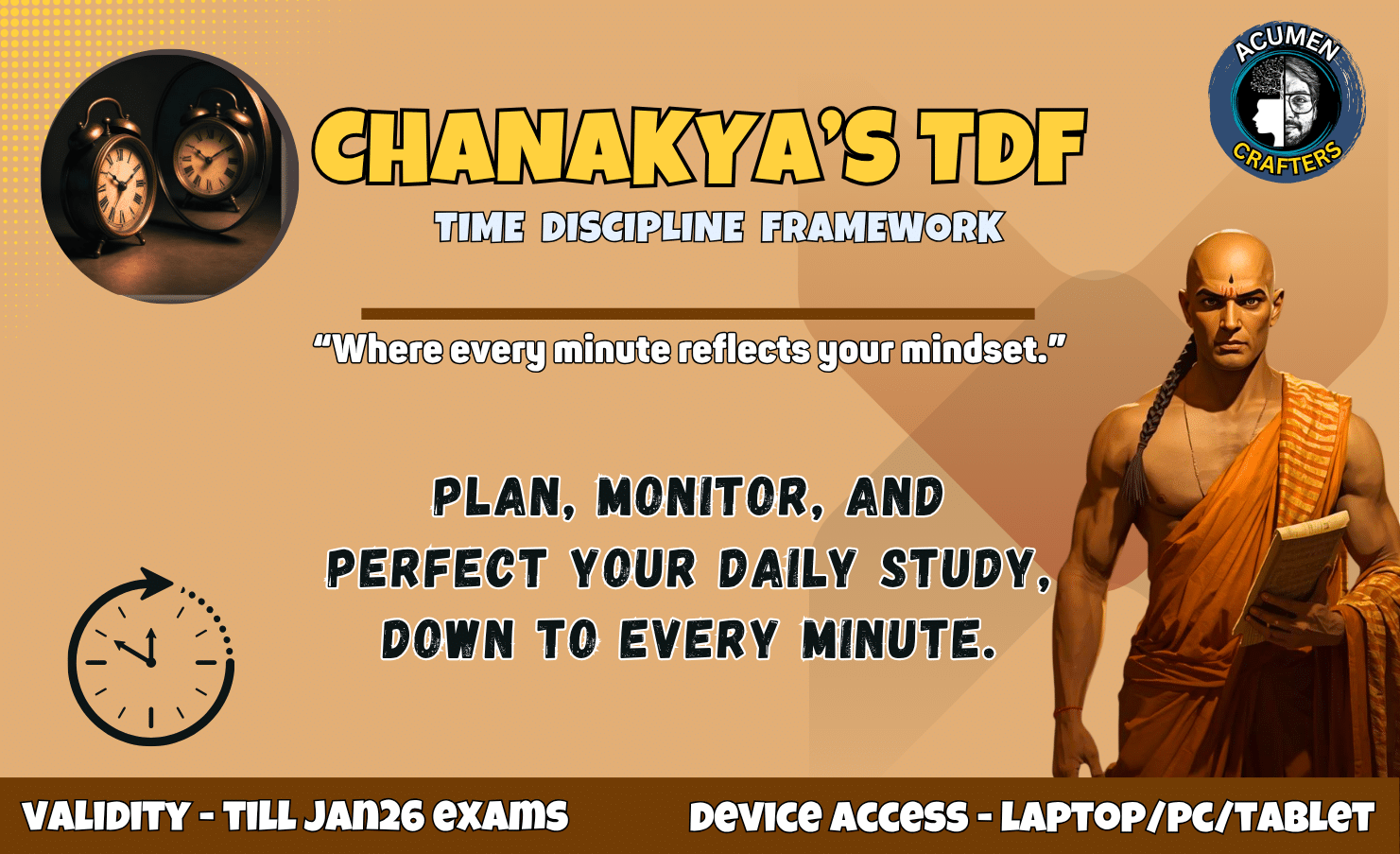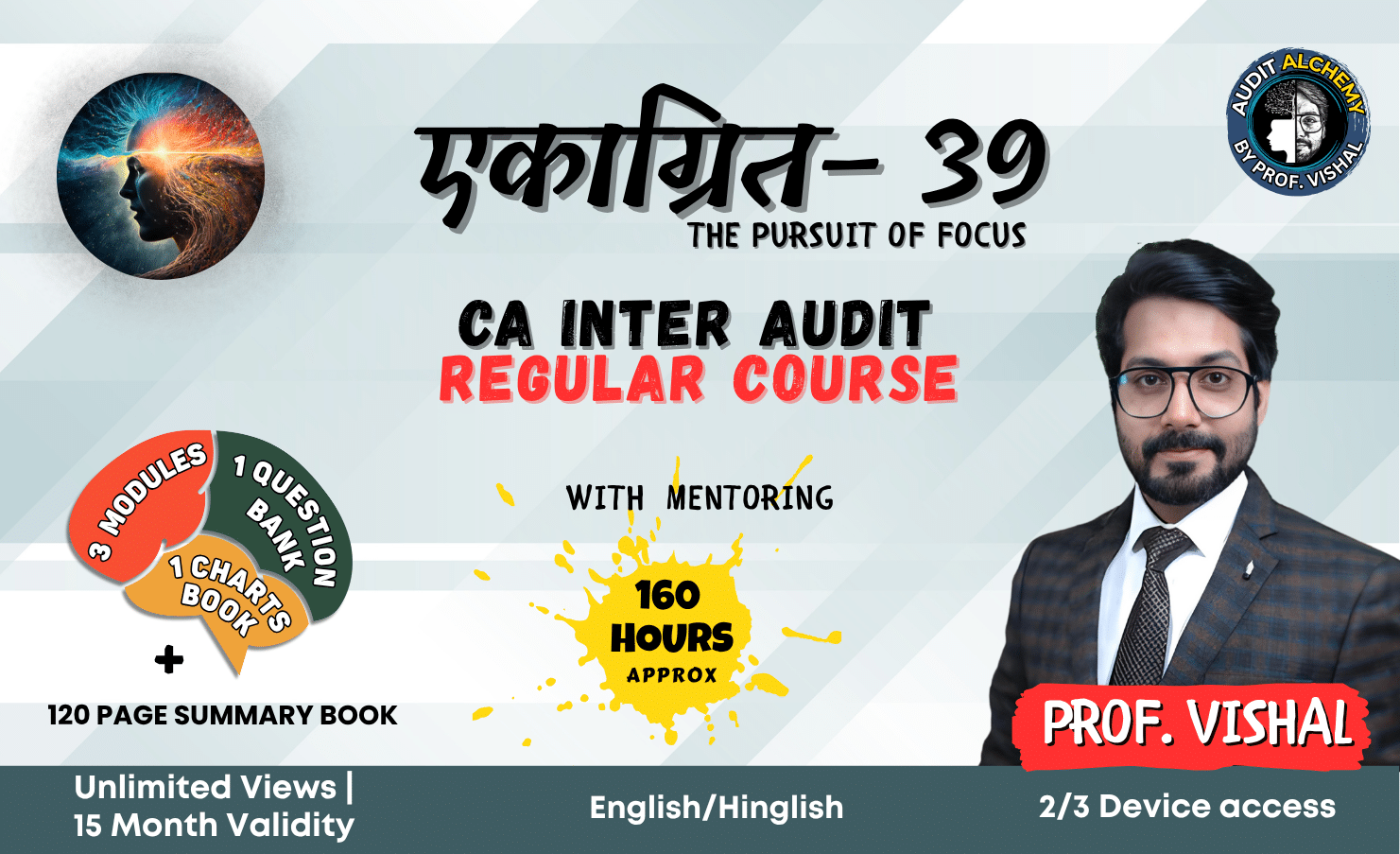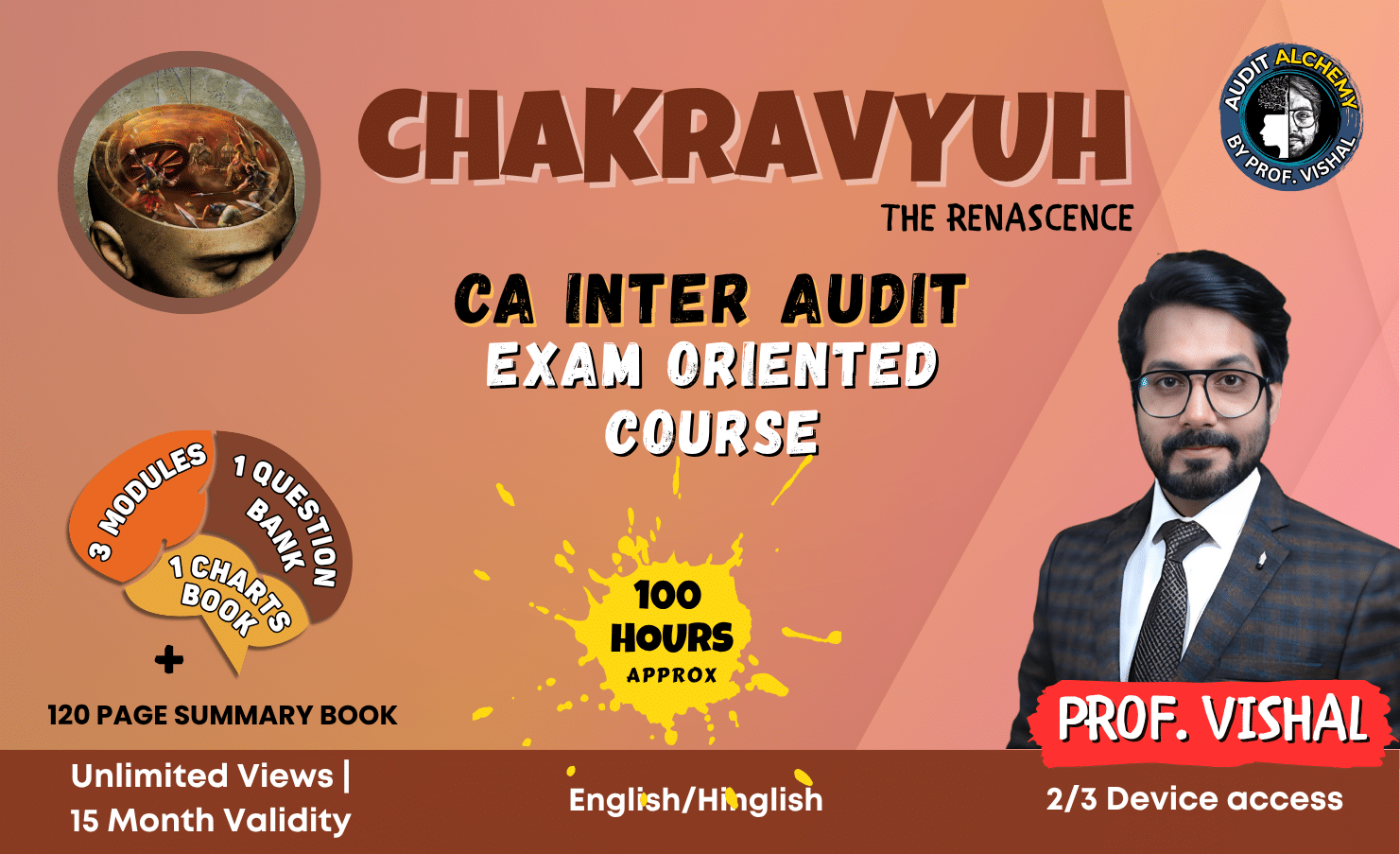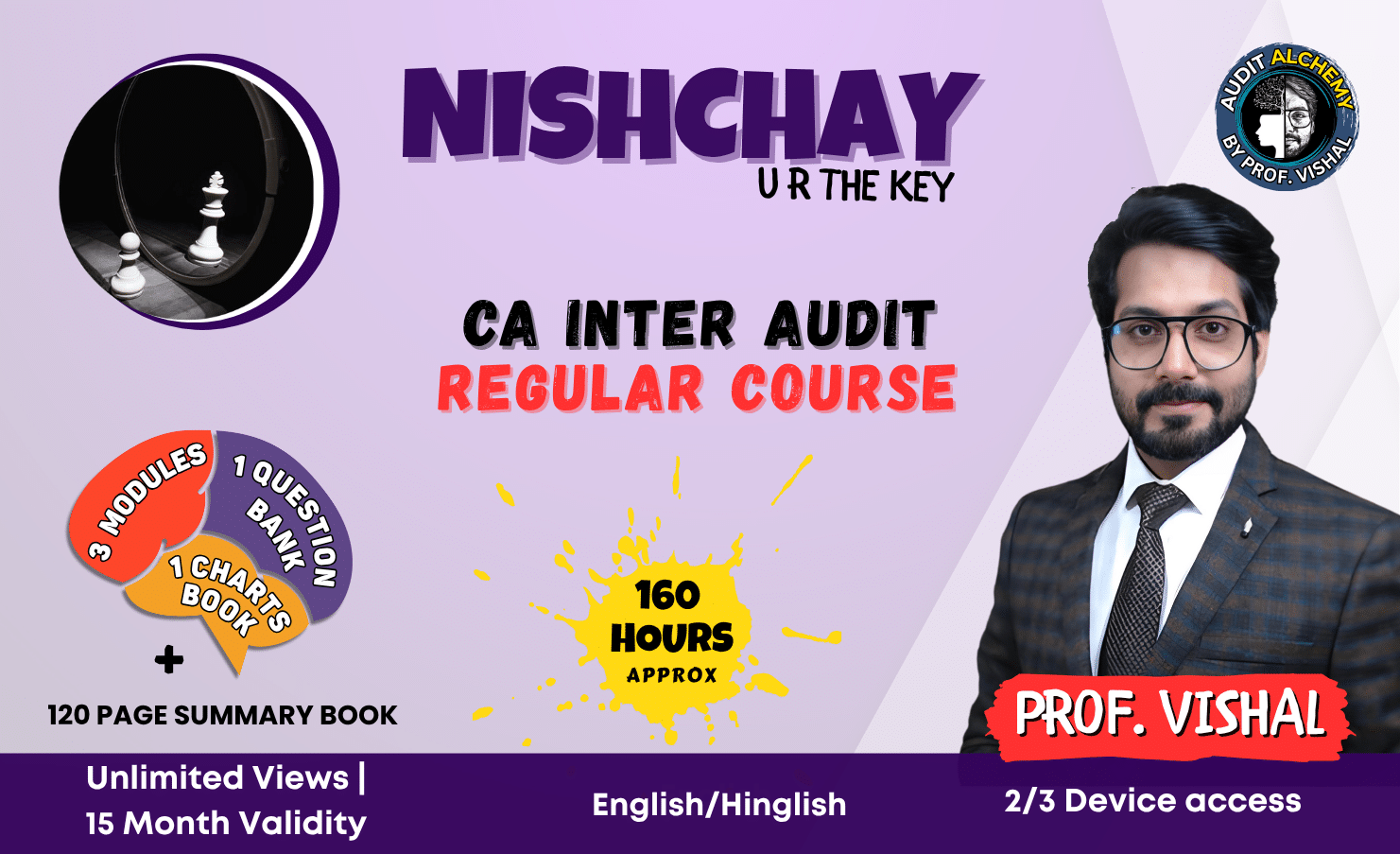Have you ever sat down to study or work but ended up checking your phone, thinking about random things, or just staring at the screen? You’re not alone! Staying focused is tough, especially with so many distractions around us.
The good news? You can train your brain to focus better! Let’s explore why we lose focus and simple ways to improve it.
What is Focus?
Focus means paying full attention to one task without getting distracted. It helps you finish work faster, understand things better, and feel more productive.
But in today’s world, with constant notifications, social media, and distractions, staying focused is harder than ever. That’s why it’s important to learn how to focus better.

Why Do We Lose Focus?
There are many reasons why we struggle to concentrate. Here are some common ones:
❌ Not Enough Sleep – A tired brain finds it hard to focus.
❌ Unhealthy Eating – Junk food or skipping meals can make you feel weak and slow.
❌ Too Many Distractions – Phones, TV, and background noise pull your attention away.
❌ Too Much Stress – Worrying too much makes it hard to concentrate.
❌ Sitting Too Long – Not moving can make your brain feel sluggish.
Now, let’s look at ways to fix these problems!
15 Simple Ways to Improve Focus
1. Remove Distractions
Keep your phone away, turn off notifications, and work in a quiet place.
2. Focus on One Task at a Time
Multitasking slows you down. Do one thing, complete it, then move on to the next.
3. Try Meditation
Close your eyes, take deep breaths, and focus on your breathing for a few minutes. This helps clear your mind.
4. Get Enough Sleep
A well-rested brain works better. Aim for 7–9 hours of sleep every night.
5. Move Your Body
Take a walk, stretch, or do some light exercise to wake up your brain.
6. Eat Healthy Food
Eat nuts, fruits, and vegetables to keep your brain sharp and active.
7. Keep Your Workspace Clean
A messy desk can be distracting. Keep your space tidy to help your mind focus.
8. Use the 50/10 Rule
Work for 50 minutes, then take a 10-minute break to refresh your mind.
9. Switch Tasks When Stuck
If you feel bored or stuck, take a break or work on something else for a while.
10. Spend Time in Nature
Go outside for fresh air or keep small plants on your desk to feel calm.

11. Play Brain Games
Puzzles, Sudoku, and memory games help your brain stay sharp.
12. Listen to Soft Music
Calm music or nature sounds can help you concentrate better.
13. Set Small Goals
Write down what you need to do and focus on completing one task at a time.
14. Take Short Breaks
Short breaks help you avoid mental fatigue and keep your mind fresh.
15. Be Patient and Keep Practicing
Focus improves over time. Keep practicing these tips, and you’ll see results!
Final Thoughts
Improving focus isn’t about working harder—it’s about working smarter! Start with one or two tips today and see how they help. With time, you’ll get more done, feel less stressed, and stay sharp.
Your brain is powerful—train it well!












